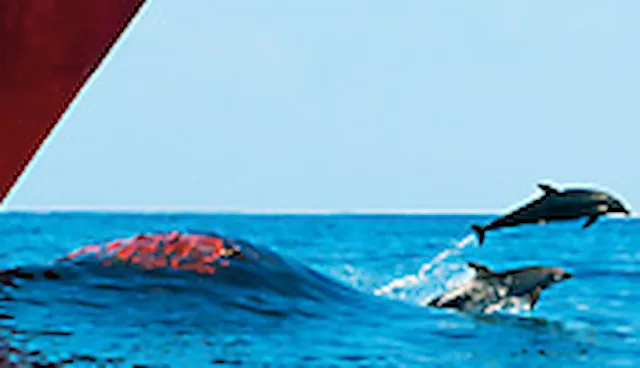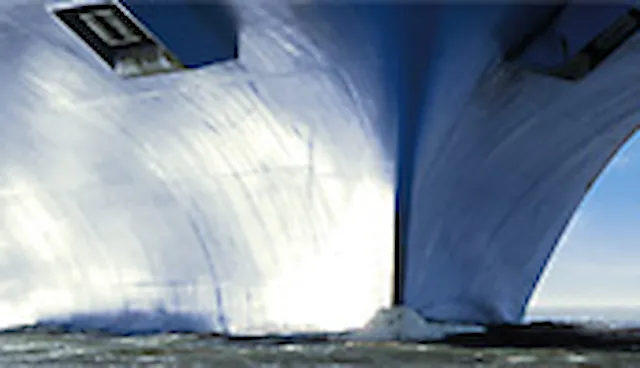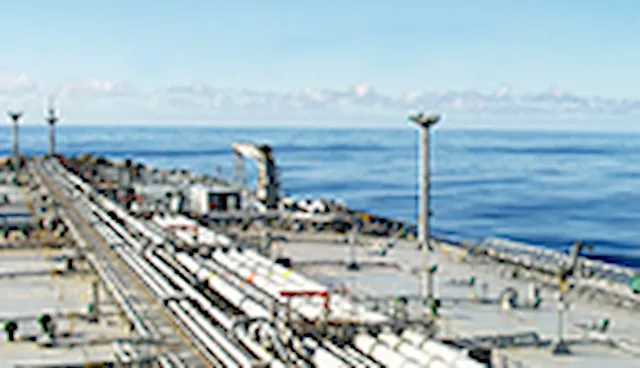Maritime Advisory as your partner for energy efficiency
Maritime Advisory from DNV is specialized in independent maritime consultancy and advanced engineering services, with a focus on enhancing energy efficiency both in design and operation. Our experienced staff has leading technological expertise across all ship segments and can help ship owners, operators, yards and designers globally to improve fuel efficiency, minimize environmental impact and increase profitability.
When a ship is designed and built, the hull form, installed propulsion and machinery systems will have large impact on the energy consumption of the vessel. In operation, it is essential that the ship is run in a trade with an operation profile suiting its design.








